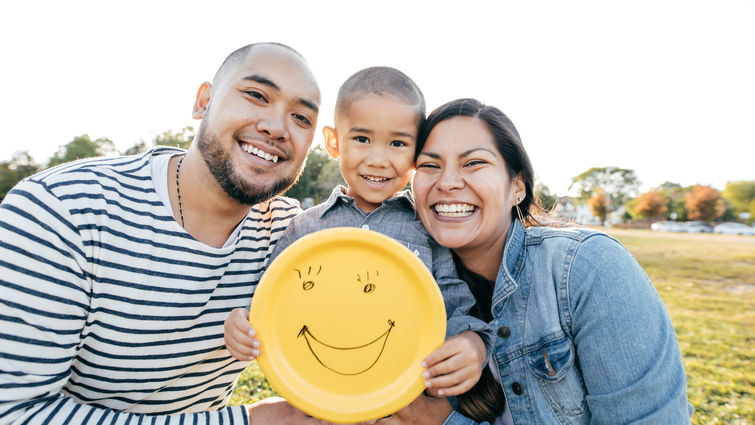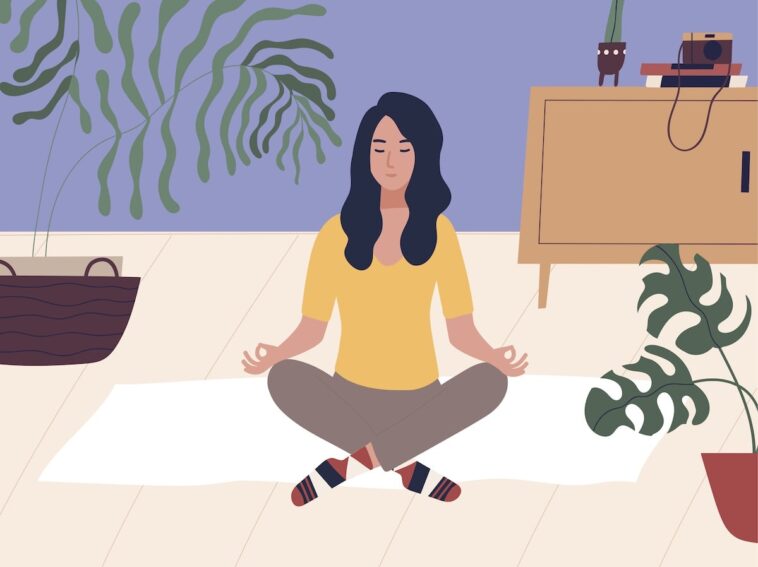That “Blue Monday” you heard so much about? Not so blue after all. According to studies, the third Monday of January is not the “most depressing day of the year.” The mental health consequences of the difficulties we’ve endured over the past three years, however, are very real. Up to a third of Canadians have been feeling unhappy or trying to cope since COVID-19 turned our lives upside down, and there is solid data to support this claim.
The repercussions and unknowns of significant events like the concurrent global health and economic crises are legitimate causes for stress, anxiety, dread, and even rage. However, if not addressed, these disorders can progress to more severe mental and physical health issues like cardiovascular disease and high blood pressure.
Our Top 10 List
As part of our mission to improve the overall wellbeing of Canadians, we’ve compiled this Top 10 list, based on the expert advice of our trusted health care partners, to help you protect your mental health.

1. Maintain healthy habits
Take care of your diet. Getting in some regular exercise is essential. Do your best to get adequate shut-eye. All of them are good health behaviours that can help you feel better overall and avoid the escalation of minor health problems.
2. Keep in touch
It’s important to maintain social ties even when we can’t physically be with other people. Get regular checkups on your mental health by reaching out to friends, neighbours, and relatives. A quick phone call, some FaceTime, or a few well-placed texts can do wonders for lifting your spirits when you’re feeling down.
3. Find a balance
Although it’s vital to keep up with current events, “doomscrolling” (constantly checking your phone or computer for new information) can have a negative impact on your psyche. Moderate your news and social media consumption, and stick to reputable outlets for your information.
4. Do everything in moderation

Reduce your stress and anxiety by limiting your time in front of the screen. Caffeine is fine in moderation, but too much of it might make your heart beat faster and prevent you from falling asleep.
5. Practice self-care
It’s very important for the primary caretaker in a household to take care of themselves. To do so, it’s important to give yourself some “me time” to relax and rejuvenate. Consider engaging in activities like yoga, meditation, creating art, or going for a workout as a means of self-care and stress management.
6. Be kind to yourself
It’s important to remember that you’re not alone in experiencing this; many of others can relate. It’s important to support one another during these difficult times. Confide in a reliable person. Talking about how you feel can help you gain perspective and boost your mood.
7. Stick to a routine
Try to stick to a schedule as much as possible, striking a balance between work, leisure, and family time. Having a routine can help you and your loved ones feel more secure and at ease, all while keeping your mind on the tasks at hand rather than the news of the day.
8. Focus on family
During times of transition and unpredictability, parental love and attention are more important than ever. Spend more time thinking about them. Assure your kids that they’re typical feelings are being experienced by everyone.
9. Do what feels good
What are your sources of joy? What do you do to relax and unwind? Do you read, listen to music, have conversations, or play an instrument? Your coping strategy might be comprised of anything that “sparks joy” for you, as well as any techniques that have proven useful in the past.
10. Seek support
Seek professional help if your anxiety symptoms are causing you substantial suffering or preventing you from living a regular life.

Our mental health resources
We are one of Canada’s most trusted health solution providers, and our online services allow you to get the treatment you need without leaving your home. Among the many mental health treatments and supports available through our Connected Care digital platform is Digital and Text Therapy, which puts you in touch with a personal therapist who may offer advice and encouragement through electronic means.
Our website also features an extensive library of psychiatric aids and references. Our health site, My Good Health, is only one example of them, along with our EAP, inConfidence, for employees and their families.
Also Read: 28% GST on online gaming: Government unlikely to review decision
Keep in mind that you are never truly alone, even if you are far from any loved ones. Find out what your health insurance covers in terms of mental health by looking it up online. One phone call or click away, assistance might be right at your fingertips.




